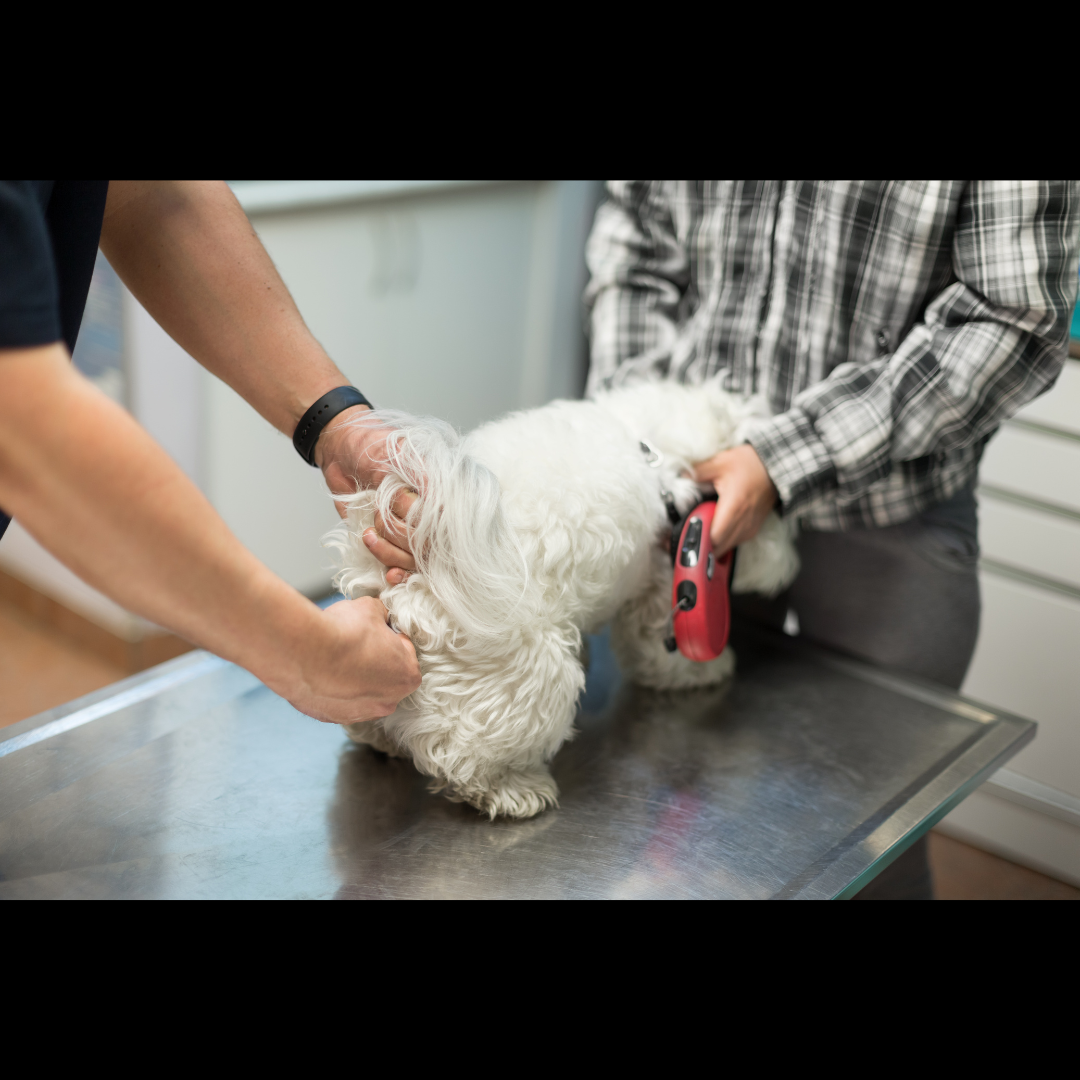
Dog Arthritis: Symptoms, Causes, Effects, and Treatments
Arthritis is a common condition in dogs that can cause chronic pain and mobility issues.
It is especially prevalent in senior dogs and large breeds1.
This article will provide an overview of dog arthritis, including its symptoms, causes, effects, and treatments.
Symptoms of Dog Arthritis
Dogs with arthritis often exhibit several symptoms12345678:
- Stiffness, especially after rest or activity
- Limping or favoring certain limbs
- Difficulty getting up or lying down
- Reluctance to exercise, play, or go up and down stairs
- Pain when petted or touched
- Weight gain
- Irritability or changes in behavior
- Difficulty posturing to urinate or defecate, or having accidents in the house
- Loss of muscle mass over the limbs and spine
- Swelling or warmth around joints
Causes of Dog Arthritis
Arthritis in dogs can be caused by various factors591011:
- Age-related degeneration of joint tissues
- Previous joint injuries or trauma
- Genetic predispositions to joint problems
- Excessive weight or obesity, which puts extra strain on the joints
- Congenital joint disorders like hip dysplasia and elbow dysplasia
- Repetitive stress from athletic activities
- Infections that affect the joints, such as Lyme Disease
- Improper nutrition
Effects of Dog Arthritis
Arthritis can have a significant impact on a dog’s quality of life256127.
It can cause:
- Decreased mobility: Dogs may have difficulty moving, especially after resting.
- Chronic pain: The condition can cause constant discomfort, leading to changes in behavior.
- Reduced activity: Dogs may show less interest in physical activities they used to enjoy.
- Weight gain: Reduced activity can lead to weight gain, which can exacerbate the condition.
Treatments for Dog Arthritis
While there is no cure for arthritis, several treatments can help manage the condition2513141:
- Pain relief: This can include tablets, chews, or liquid medications.
- Arthritis injections: These increase joint fluid production and are given in an initial short course of weekly injections, then boosters as recommended by your vet.
- Diet and Supplements: Weight management is crucial for arthritic dogs. Prescription foods sold by veterinarians might be particularly useful in helping your dog’s arthritis. These foods often contain natural anti-inflammatory, antioxidants, or Omega fatty acids. Furthermore, you might want to consider a food containing glucosamine or giving glucosamine or chondroitin as supplements.
- Physiotherapy and acupuncture: These can help improve mobility and reduce pain.
- Surgery: In severe cases, surgery may be recommended to remove damaged tissue from the joint, or even to replace the joint entirely.
Conclusion
Arthritis can significantly impact a dog’s quality of life.
However, with early detection and appropriate treatment, dogs with arthritis can lead comfortable and fulfilling lives.
If you suspect your dog may be suffering from arthritis, it is important to consult with a veterinarian for a proper diagnosis and treatment plan.
Love you canine companion more and show affection creatively.
Visit our shop for our awesome pet inspired graphic t-shirt collection wear it proudly and let the world know just how much your furry friend means to you.
FREE SHIPPING and use
PPS10 discount code for 10% off your first purchase.
Disclaimer: This article is intended for informational purposes only. It is not meant to substitute for medical advice or diagnosis provided by your veterinarian. If your cat shows signs of an ear infection, please consult your veterinarian immediately.



Leave a comment
This site is protected by hCaptcha and the hCaptcha Privacy Policy and Terms of Service apply.